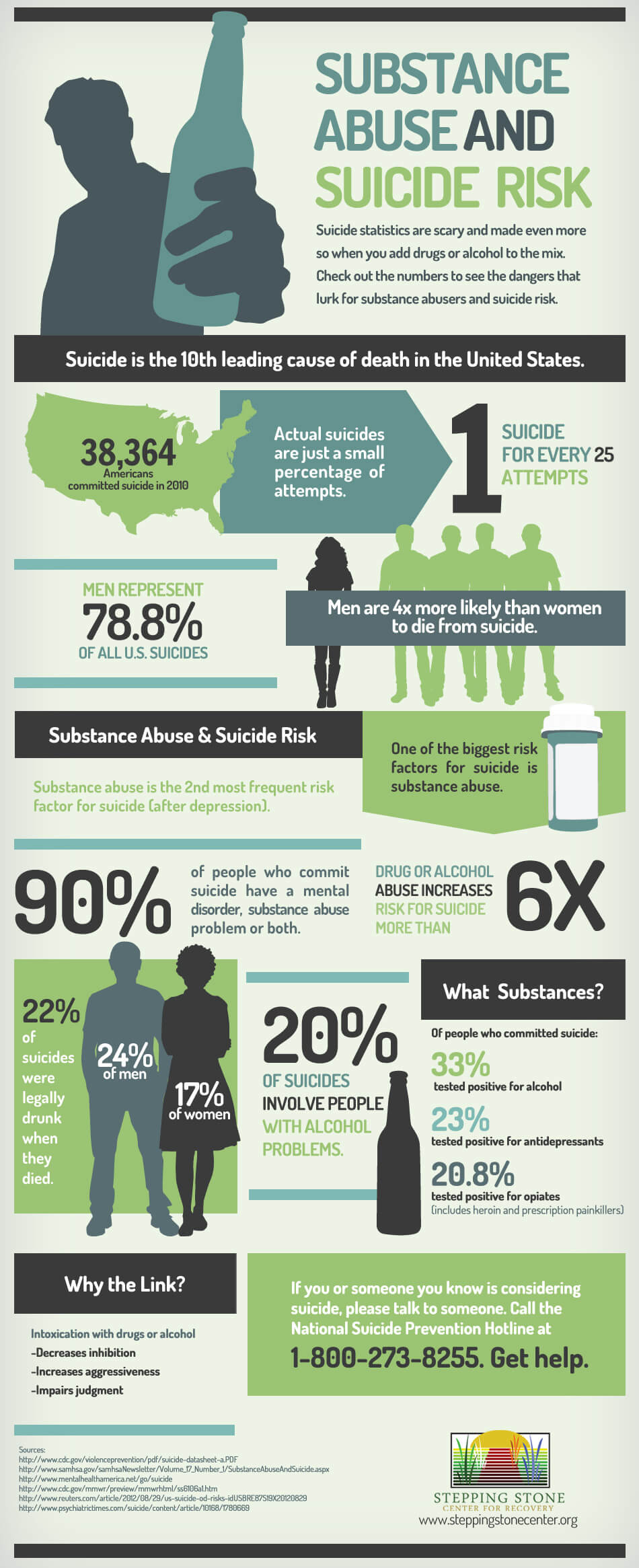Comprehending The Scientific Research Behind Drug Addiction Treatment
Comprehending The Scientific Research Behind Drug Addiction Treatment
Blog Article
Material Develop By-Carlson Bass
Envision Drug addiction therapy as a complex puzzle, with each item representing a different facet of the clinical strategy to combating chemical abuse.
From the complex operations of the brain to the influence of environmental variables, the science behind addiction therapy reveals a multidimensional viewpoint that guides effective treatments.
Comprehending how organic, emotional, and social elements link in the treatment process can offer important insights into cultivating long lasting recuperation.
By deciphering the scientific research behind Drug addiction treatment, you will acquire a much deeper admiration for the thorough strategies employed in resolving this pervasive problem.
Biological Consider Addiction Treatment
When addressing organic consider dependency treatment, it's essential to understand exactly how the body's chemistry affects the effectiveness of treatments. The way compounds communicate with your mind's natural chemicals plays a considerable duty in addiction growth. For Suggested Website , medicines can pirate the mind's reward system, leading to cravings and compulsive drug-seeking behavior. Understanding these chemical processes helps in tailoring therapy methods like medication-assisted therapy to target certain natural chemical inequalities.
In addition, hereditary factors can also affect just how your body replies to specific compounds, impacting your vulnerability to addiction. By considering What Does Drug Addiction Do To The Brain California , health care specialists can personalize treatment strategies that deal with the one-of-a-kind demands of individuals battling addiction, eventually enhancing the possibilities of successful healing.
Psychological Interventions for Dependency
Comprehending the mental interventions for addiction is crucial in complementing the organic factors addressed in therapy plans. Right here are three crucial emotional interventions that play a vital function in addiction therapy:
1. ** Cognitive-Behavioral Therapy (CBT): ** This treatment aids you determine and change negative thought patterns and actions connected with chemical abuse.
2. ** Motivational Interviewing (MI): ** MI is a therapy technique that aids you find the interior inspiration to transform addicting habits.
3. ** Mindfulness-Based Interventions: ** These techniques focus on enhancing your recognition of yearnings and triggers without judgment, assisting you manage them effectively.
These mental interventions function hand in hand with organic treatments to give a thorough strategy to addiction recuperation.
Social Support and Recuperation in Dependency
Social assistance plays a crucial role in addiction recuperation, offering people with the required encouragement and aid to navigate the challenges of getting rid of substance abuse. Having a strong support group can significantly enhance the chance of effective recovery from addiction. Buddies, family members, support groups, and therapists all contribute to developing a network of support that can assist you remain motivated and concentrated on your journey to soberness.
Social links can use understanding, compassion, and practical help during hard times, working as a resource of strength and assistance. By bordering yourself with positive and motivating people that count on your capacity to recoup, you can boost your resilience and dedication to staying substance-free.
Verdict
So, you have actually learnt more about the science behind Drug addiction therapy. By recognizing the organic, emotional, and social factors at play, you can see how extensive treatment is important for recuperation.
Remember, addiction is a beast that can be tamed with the right tools and assistance. Keep dealing with the excellent fight, since you're stronger than any barrier in your method.
